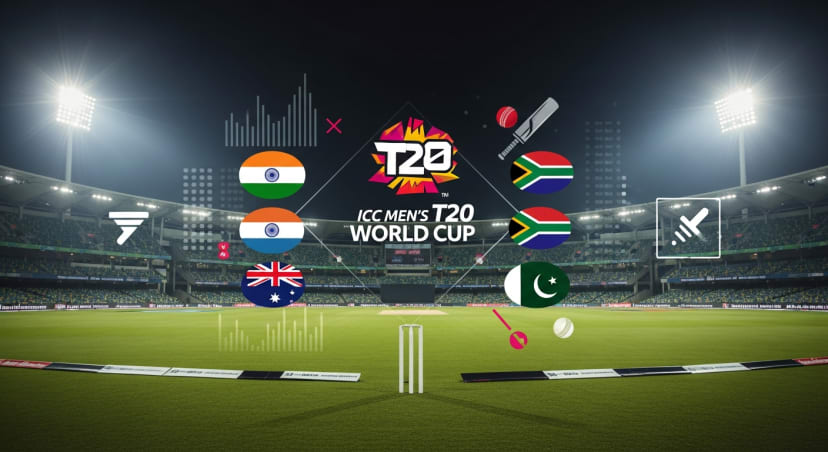Chelsea's Club World Cup Win Reshapes Transfer Tactics

Recommended casinos
Chelsea has been in the spotlight following their Club World Cup victory, an achievement that came with the exciting signing of Joao Pedro from Brighton during the tournament. This blend of on-field success and astute transfer strategy signals a new era not only on the pitch but also in how clubs manage critical deadlines and paperwork.
Key Takeaways
- Chelsea clinched the Club World Cup while reinforcing their squad with a key signing.
- The transfer window now ends at 7pm BST on September 1, with a subsequent two-hour grace period for paperwork.
- The scheduling of the Club World Cup has disrupted the traditional timeline of the European transfer window.
Club World Cup Victory and Key Signings
Chelsea’s triumph in the Club World Cup has marked a turning point for the club. Amidst tough competition, they managed to secure the promising talent Joao Pedro from Brighton. This strategic signing underscores the club's commitment to strengthening their squad during crucial international tournaments.
Shifting Transfer Window Deadlines
In a notable shift, the transfer window now closes at 7pm BST on September 1, a significant move from the previous 11pm deadline. This change provides a two-hour grace period after the deadline to finalize paperwork for late deals, ensuring that clubs can complete necessary transactions without undue pressure. Much like a game championship tournament guide that reveals key strategies to win big, these adjustments are reshaping the competitive atmosphere and influencing how teams time their negotiations and transfers.
Impact on European Football
The redefined timeline introduced by the Club World Cup is already with clubs across Europe re-evaluating their transfer strategies. By adjusting to the new deadline, teams must account for a tighter schedule and ensure that all paperwork is submitted within the limited grace period. This evolving scenario is prompting a broader strategic resurgence, as clubs balance immediate competitive needs with long-term planning.
In summary, Chelsea's recent successes and the subsequent adjustments in transfer protocols highlight a dynamic shift in the world of football. Teams are now challenged to innovate both on and off the field, navigating a new landscape where timing and strategy are more intertwined than ever before.








